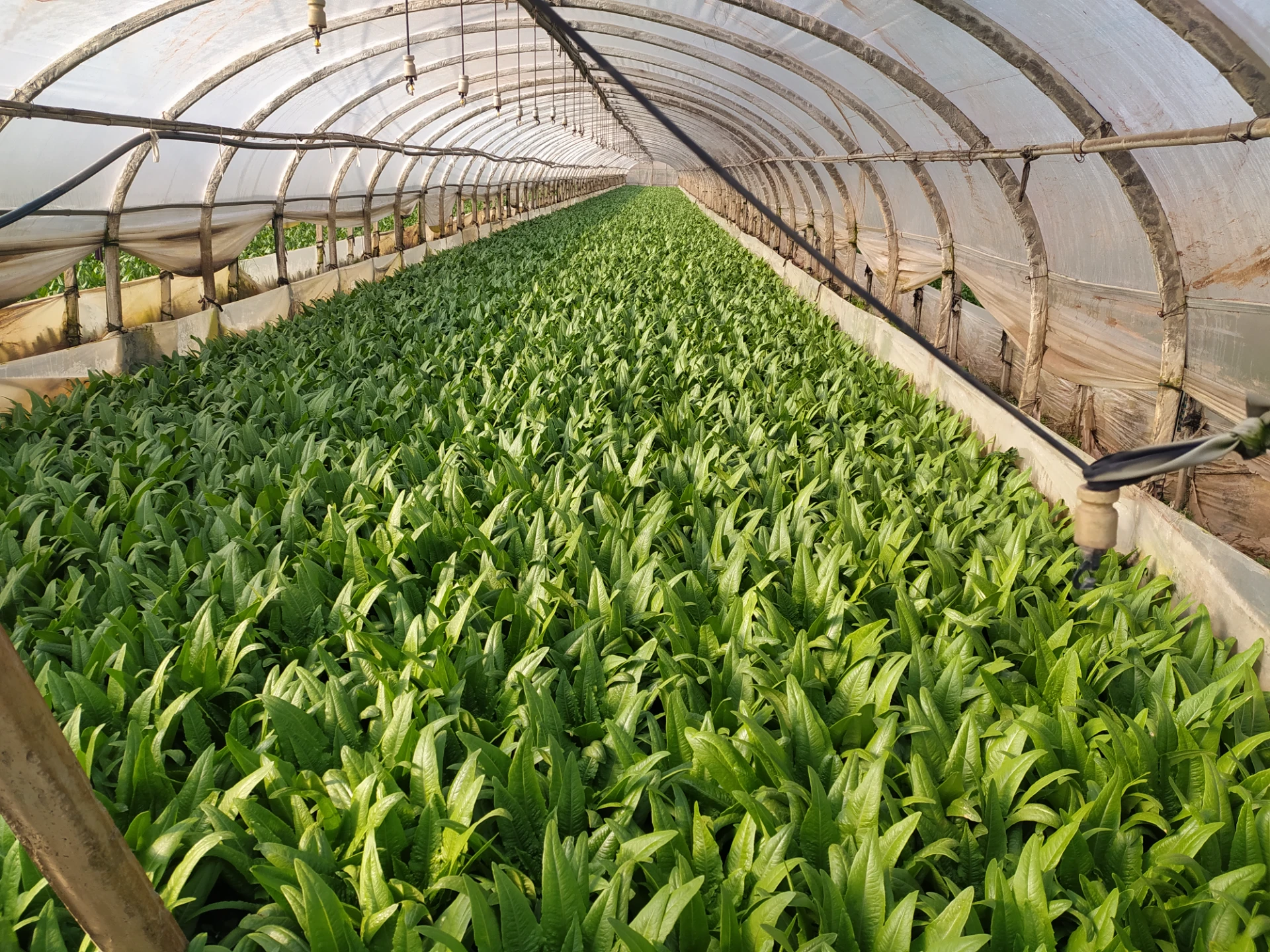
News
Aug . 31, 2024 09:40 Back to list
Humic Acid Granules - Enhance Soil Health and Crop Yield
The Benefits and Applications of Humic Acid Granules
Humic acid granules are a concentrated form of humic substances derived from the natural decomposition of organic matter. These granules play a critical role in improving soil quality and enhancing plant growth, making them an invaluable resource for both agricultural and horticultural practices. This article explores the benefits, applications, and importance of humic acid granules in modern farming and gardening.
One of the primary benefits of humic acid granules is their ability to improve soil structure and fertility. When applied to the soil, these granules increase the cation exchange capacity (CEC), which is essential for retaining vital nutrients. A higher CEC allows the soil to hold more nutrients and makes them available for plant uptake, thereby promoting healthier plant growth. This is particularly beneficial in soils that are depleted of organic matter or affected by erosion.
Moreover, humic acid granules enhance soil aeration and water retention. They help create a stable granulated structure in the soil, allowing for better air circulation and drainage. This is crucial, as optimal aeration and moisture levels are necessary for root development and overall plant health. In arid regions, the water-retaining properties of humic acid granules can significantly reduce irrigation needs and support sustainable farming practices.
humic acid granules

Another noteworthy advantage of humic acid granules is their role in stimulating microbial activity in the soil. Healthy soil comprises a diverse community of microorganisms that contribute to nutrient cycling and soil health. Humic acids serve as a food source for these beneficial microbes, promoting their proliferation. This increased microbial activity enhances the breakdown of organic matter and the availability of nutrients, creating a symbiotic relationship that benefits the entire ecosystem.
The applications of humic acid granules are diverse, extending from large-scale agriculture to small-scale gardening. In commercial agriculture, they are often utilized in crop production to improve yield and quality. Farmers apply these granules to various crops, including fruits, vegetables, and grains, resulting in better growth rates and increased resistance to pests and diseases. In organic farming, humic acid granules are particularly valuable as they comply with organic standards, allowing farmers to enhance soil fertility without synthetic chemicals.
In home gardening, the use of humic acid granules can also yield impressive results. Gardeners can mix these granules into potting soil or apply them as a top dressing to enhance plant vigor and flowering. They are especially beneficial for container plants, which often face challenges related to nutrient depletion and poor soil structure.
In conclusion, humic acid granules represent a natural and effective solution for improving soil quality and promoting plant health. Their ability to enhance nutrient availability, improve soil structure, and stimulate microbial activity makes them an essential component in both agricultural and horticultural practices. As the world continues to seek sustainable farming methods, the use of humic acid granules will likely become increasingly prominent, contributing to a greener and more productive future.
-
Polyaspartic Acid Salts in Agricultural Fertilizers: A Sustainable Solution
NewsJul.21,2025
-
OEM Chelating Agent Preservative Supplier & Manufacturer High-Quality Customized Solutions
NewsJul.08,2025
-
OEM Potassium Chelating Agent Manufacturer - Custom Potassium Oxalate & Citrate Solutions
NewsJul.08,2025
-
OEM Pentasodium DTPA Chelating Agent Supplier & Manufacturer High Purity & Cost-Effective Solutions
NewsJul.08,2025
-
High-Efficiency Chelated Trace Elements Fertilizer Bulk Supplier & Manufacturer Quotes
NewsJul.07,2025
-
High Quality K Formation for a Chelating Agent – Reliable Manufacturer & Supplier
NewsJul.07,2025
